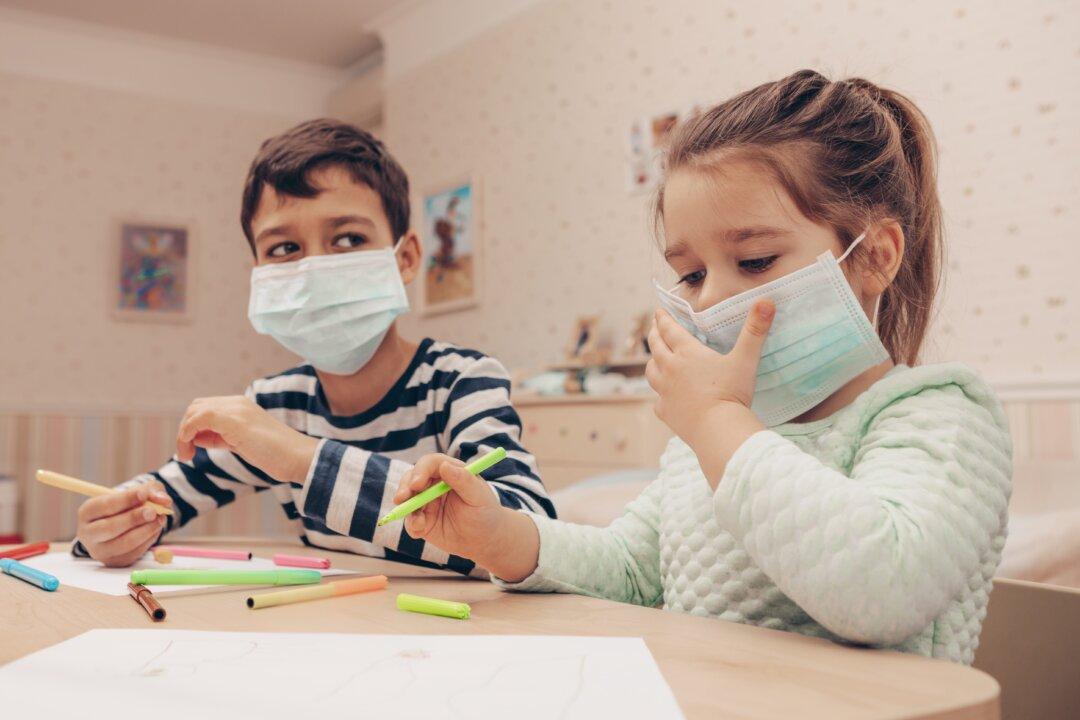The mayor of Columbia, South Carolina, Stephen Benjamin, declared a state of emergency in the state capital on Wednesday, triggered by Prisma Health Children’s Hospital in Columbia reporting that it is reaching a “strained capacity” of children being diagnosed with COVID-19.
The Columbia City Council in South Carolina subsequently ratified the state of emergency during an emergency meeting on Thursday, mandating masks for all faculty, staff, visitors, and children in public and private schools, and daycares that instruct children from ages 2 to 14.





